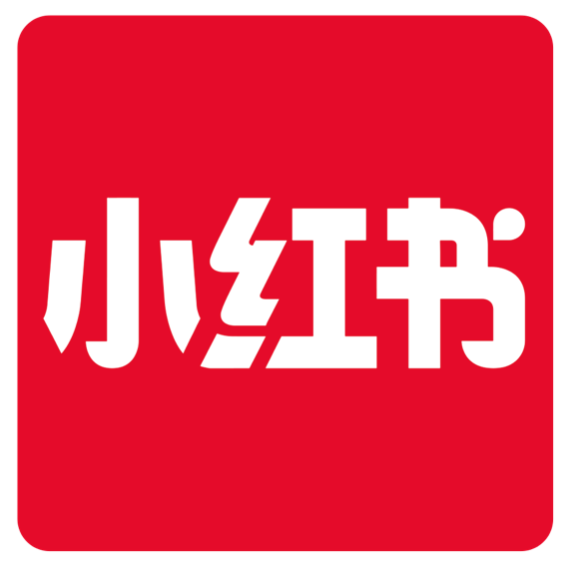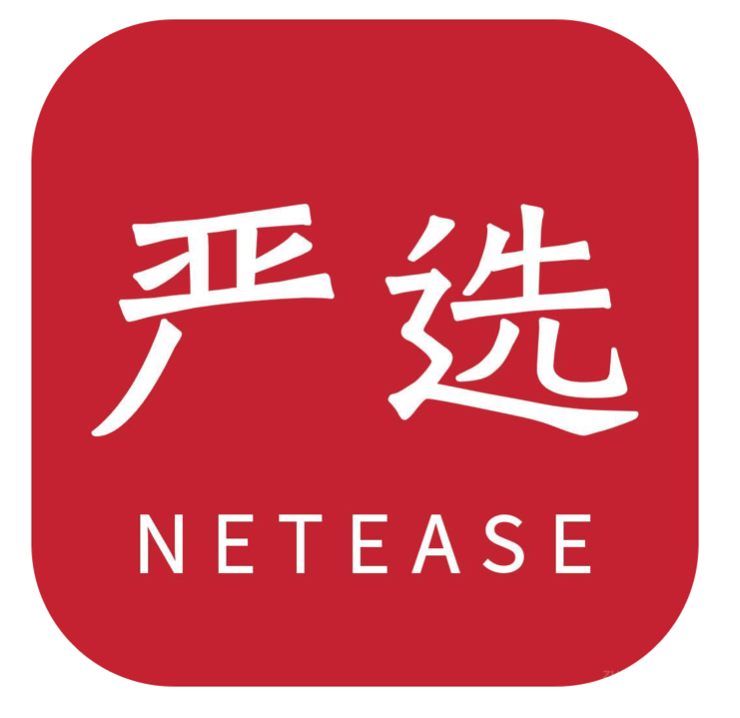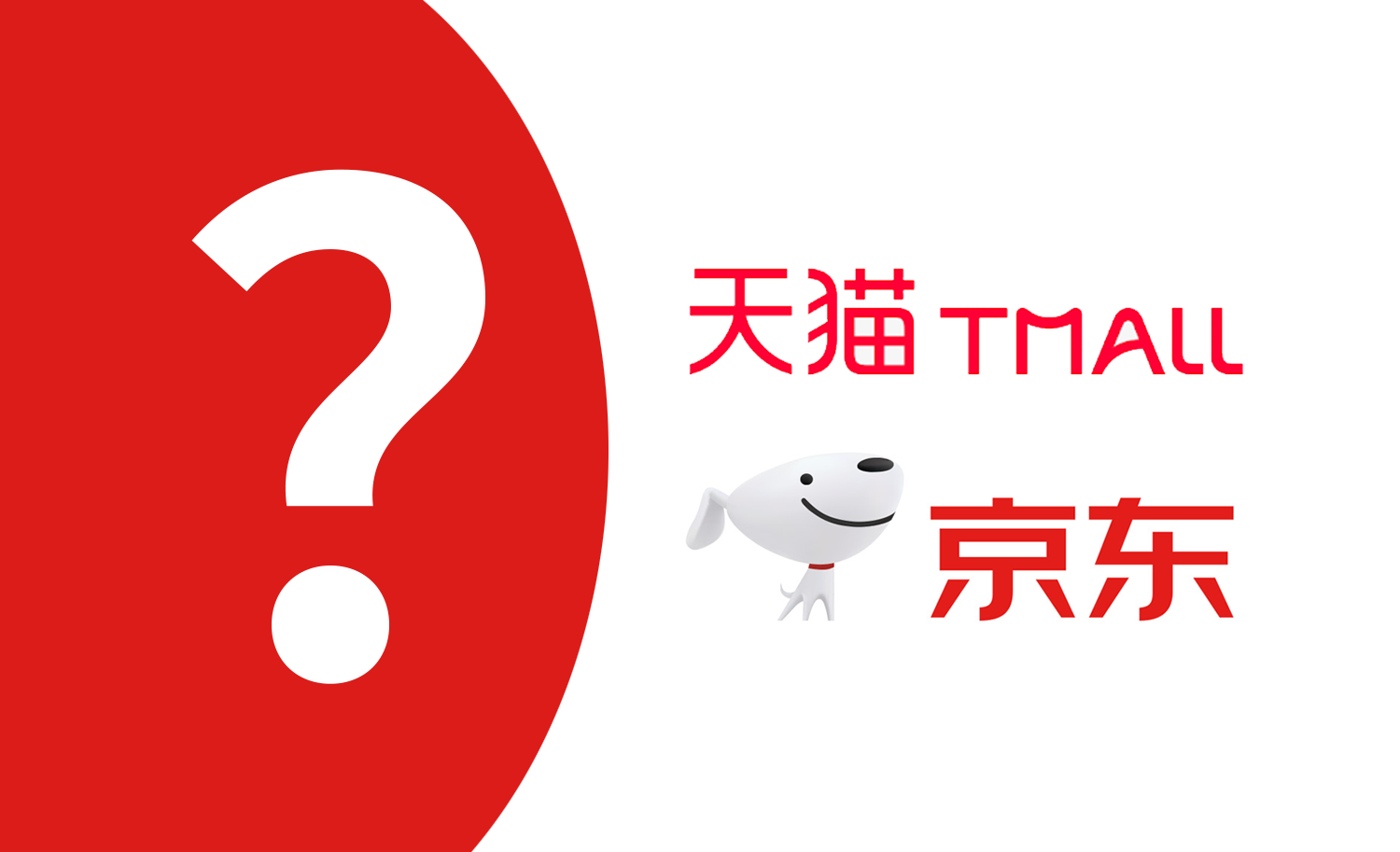Most overseas brands looking to dive into the lucrative China market are well aware of the major Chinese eCommerce platforms. Tmall, Taobao, and JD.com are famous the world over. But the staggering success of eCommerce in China hasn't solely consolidated around these obvious marketplaces. There are also several interesting and innovative Chinese eCommerce platforms that brands outside China might consider launching on. Meanwhile, those engaged in the eCommerce industry can learn a thing or two from these platforms too, as they may anticipate innovations that will soon spread to the rest of the world.
In this article we look at some of the more interesting and successful Chinese eCommerce platforms that aren't JD or Tmall.
Pinduoduo (App only)

Pinduoduo is a social eCommerce platform focusing on C2M group shopping that was officially launched in April 2015. It leverages social sharing and fission to attract new users.
The platform from the start focused on targeting lower tier cities that often don't see as many shoppers on eCommerce platforms as the more developed urban centers. Its low-cost strategies have successfully seized the market in third-tier cities and below in China. However, for a time it was criticized for being home to large numbers of counterfeit products.
In June 2019, Pinduoduo launched the ‘10 billion subsidies’ campaign and jointly made anti-counterfeit commitments with PICC Property and Casualty Insurance in an attempt to wash away the platform's image of ‘cheap’, ‘low quality’ and ‘fake' goods. This move proved to be a great success and as a result the market impression of this platform improved significantly, according to data released by App Annie. In the first quarter of 2020, the amount of Pinduoduo’s monthly active users (MAU) surpassed Taobao to become the eCommerce app with the most active users in China.
Xiaohongshu (App only)

Founded in 2013, Xiaohongshu was originally a social media community for sharing product reviews and shopping experiences (especially for overseas products and shopping). Users not only shared their experiences with beauty and fashion products or specific stores, but also reviewed hotels, restaurants, sports and other fields with other users in the community. It was this community function that became the core competitive advantage for Xiaohongshu.
In 2014, in order to solve the problem of so many 'hot' overseas products not being available domestically, Xiaohongshu launched the ‘Xiaohongshu Welfare Agency’ and officially entered the eCommerce market. At first, its eCommerce side mainly concerned itself with importing beauty products through the Bonded Warehousing: A Solution for Cross-border eCommerce in ChinaSelling in China through Bonded Warehousing is a cost-effective approach to CBEC in 2024. Here's everything you need to know about this model.cross-border bonded warehouse and individual postage business models. Later it also attracted a number of official brands to setup shop on the platform.
Since most of the experience sharing on Xiaohongshu is from real users, it is able to leverage word-of-mouth for marketing. It achieves social fission through grassroots interest and re-sharing after purchases. In the past few years, brands such as Perfect Diary and Zhong Xuegao have achieved overnight success through focusing on Xiaohongshu.
NetEase YEATION

YEATION was officially launched in 2014, focusing on the concept of ODM/white label eCommerce. It cooperates with first-line brand manufacturers to provide consumers with affordable and high-quality products. After Alibaba acquired Kaola, YEATION became the only eCommerce company still operating under NetEase's banner.
Its slogan proclaims ‘a good life, affordably’ and the platform focuses on the youth demographic. YEATION's core categories include shoes and apparel, daily life and home furnishing, personal care, consumer electronics, and more. The platform had its breakout moment four years ago. During 2016's June 18th sales period, its turnover was 20 times higher than its daily average. In the same year, that figure even reached 100 times the average on Double Eleven/Singles Day.
The platform has come to be associated strongly with the daily necessities category in consumers' minds. During the 2020 Spring Festival, due to the impact of the COVID-19, the sales of YEATION’s lifestyle care products increased by 8000%. It is worth noting that all products on the YEATION are self-operated products, which means seller settlement is not accepted, but other cooperation methods still exist.
Xiaomi Youpin

Xiaomi Youpin has changed its name several times over the years. It was first launched in 2014 under the name "Mijia Mall". From the start it offered integration with Xiaomi's smart home functionality. Xiaomi Youpin differs slightly with YEATION, which operates a fairly typical ODM/white labal eCommerce model. Xiaomi Youpin adopting its own ‘ODM + Xiaomi ecological chain brand + third-party brand’ model. This makes it a more open platform, one where third parties can take part.
In its initial stages, Xiaomi Youpin mainly relied on Xiaomi's existing brand fans for exposure. Most of its products are affordable, but also give the impression of being high-tech. The platform reinforces this impression through its ability to connect to the Mijia IoT system. As a result, the platform and its products has won over consumers nationwide. In 2019, the transaction volume of Xiaomi Youpin exceeded 20 billion RMB.
Wanwudezhi (App only)

Launched in 2019, Wanwudezhi is a comprehensive mobile Internet platform covering collectable handicraft trading, expert online appraisal, and the Chinoiserie lifestyle community. It offers three core services: live streaming, auctions, and instant purchasing. In addition to ‘fidelity’, its social eCommerce functionality is at the core of its competitiveness. Users who reach a certain level can become 'platform players' and then can enjoy exclusive discounts on their own purchases. Meanwhile, sharing products can net shoppers discounts as well. As a unicorn player in this industry, Wanwudezhi announced revenue of 2 billion merely one year after it went online.
Interested in leveraging innovative new business models or technologies on your own brand platform? Keen to launch your brand on a local Chinese marketplace? Contact us to discuss the best path forward for your Chinese eCommerce journey today.












